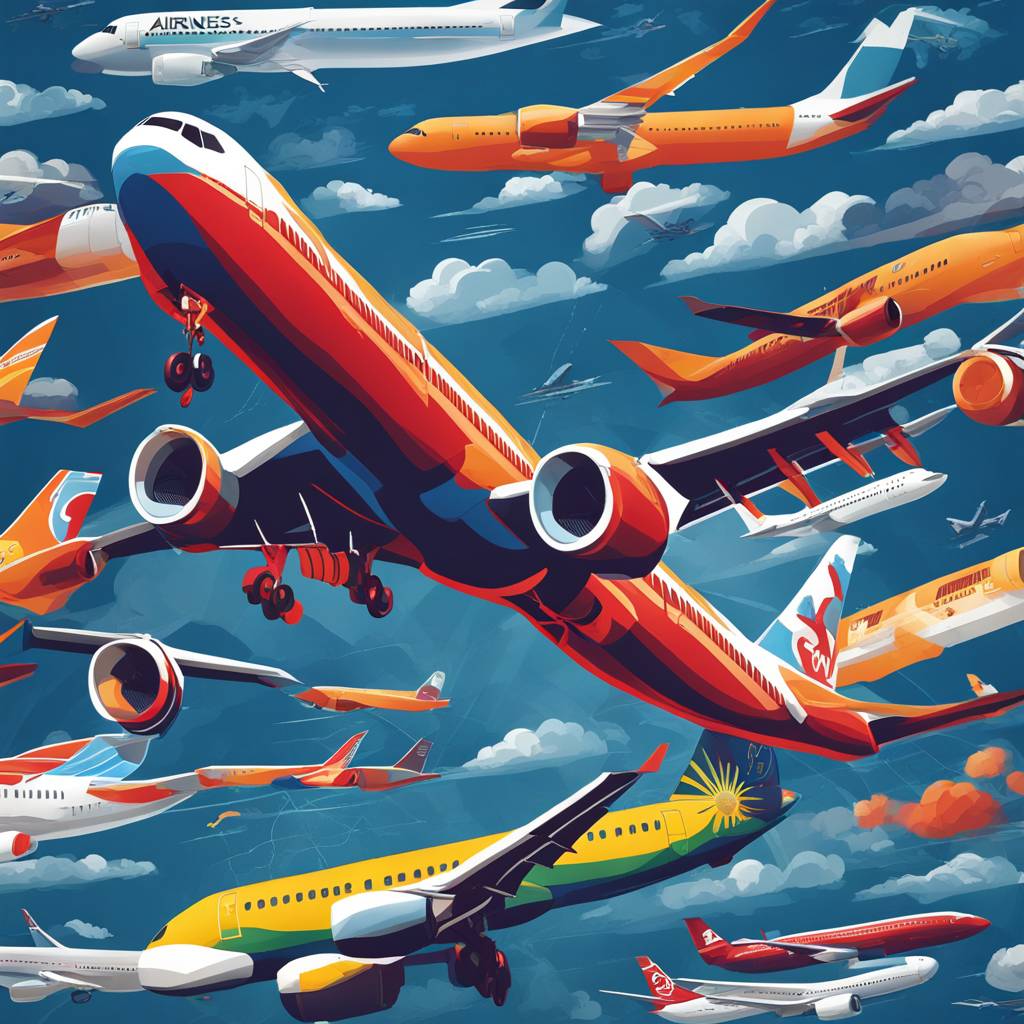The airline industry is increasingly turning to Artificial Intelligence (AI) to enhance efficiency, safety, and customer experience. AI’s capability to process vast amounts of data rapidly and accurately is proving invaluable in addressing the unique challenges of air travel. From improving flight operations and safety to enhancing customer service and engagement, AI is being utilized in various aspects of the airline industry to streamline processes and provide a more personalized experience for passengers.
In terms of flight operations and safety, AI is playing a crucial role in predicting potential maintenance issues before they become problematic. Boeing uses AI in its Airplane Health Management system to monitor aircraft in flight, while Airbus’s Skywise analyzes in-flight data to optimize flight routes and reduce fuel consumption. These AI systems help ensure higher operational efficiency and safety by predicting possible delays or technical issues, allowing proactive measures to be taken to mitigate them.
Surprisingly, airlines are also using AI to elevate customer service and engagement. AI chatbots are increasingly common on airline websites and mobile apps, providing 24/7 assistance with inquiries, bookings, and flight changes. KLM’s chatbot, BlueBot, offers booking assistance and flight information to passengers via Facebook Messenger. Additionally, AI is used to personalize customer experiences, with airlines like Delta Air Lines offering personalized in-flight entertainment recommendations based on passenger preferences.
In the realm of baggage handling and airport operations, AI technology is streamlining processes and reducing operational costs. SITA has developed an AI-powered baggage tracking system that provides real-time information on luggage location, reducing lost luggage incidents and enhancing passenger experience. AI is also being utilized in airport operations for crowd management and security, with facial recognition technology already in use for swift and secure boarding processes at various airports.
Predictive maintenance, enabled by AI, is revolutionizing aircraft maintenance and repair by analyzing data from aircraft sensors to predict when parts need maintenance or replacement. This proactive approach minimizes downtime and improves aircraft reliability, as seen with EasyJet using AI to predict component replacements and reduce delays and cancellations due to technical faults. Looking into the future, AI is set to further transform the airline industry with the potential for autonomous aircraft, refined dynamic pricing models, enhanced in-flight experiences, and sustainability initiatives focused on optimizing flight paths for fuel efficiency and reducing carbon emissions.
The integration of AI in the airline industry is a game-changer, promising enhanced efficiency, safety, and customer satisfaction. From flight operations to passenger services, AI is proving to be an indispensable tool that offers exciting possibilities for the future of air travel. Airlines that embrace and invest in AI technology are positioned to lead in delivering innovative, efficient, and customer-centric air travel experiences.













